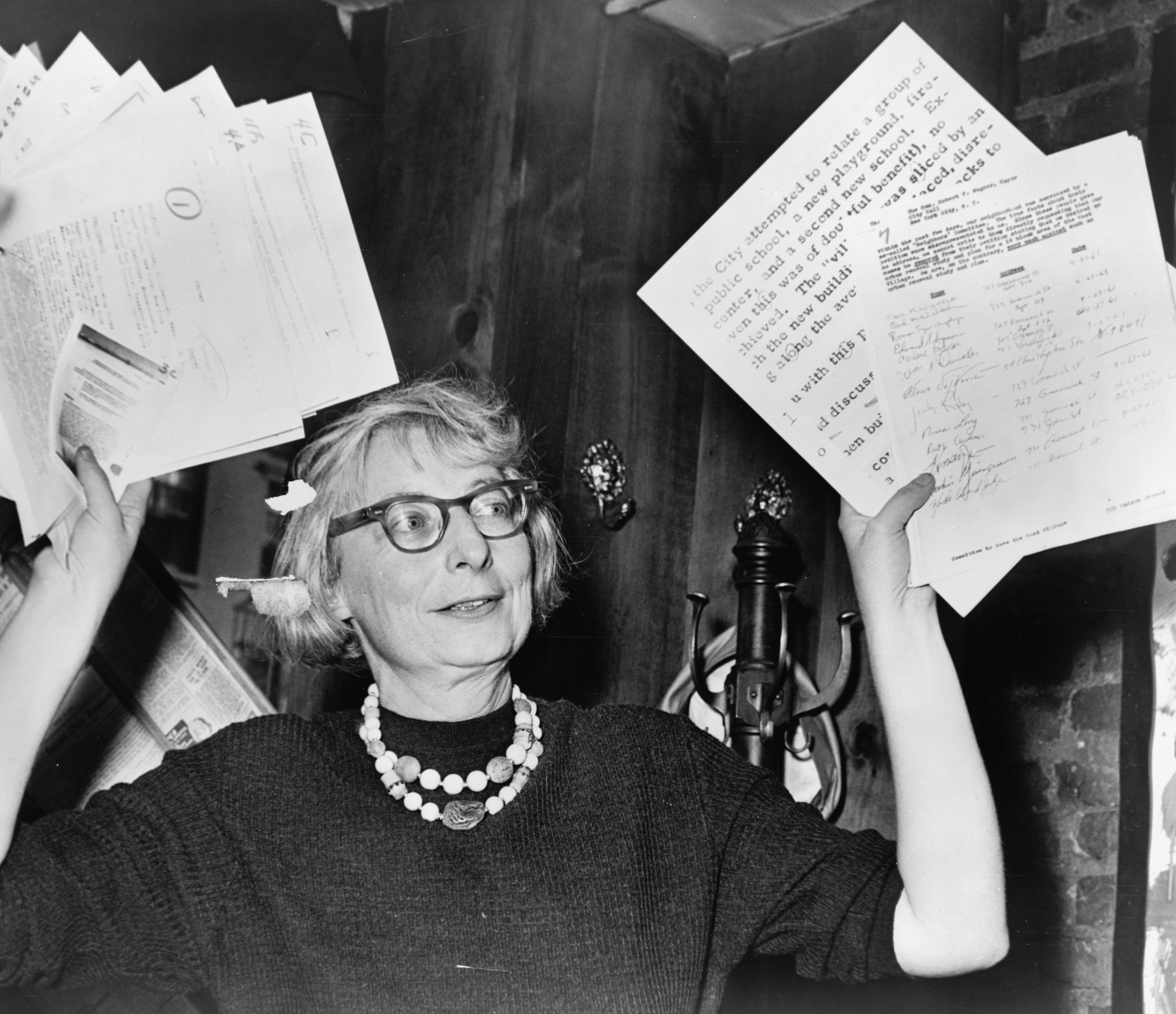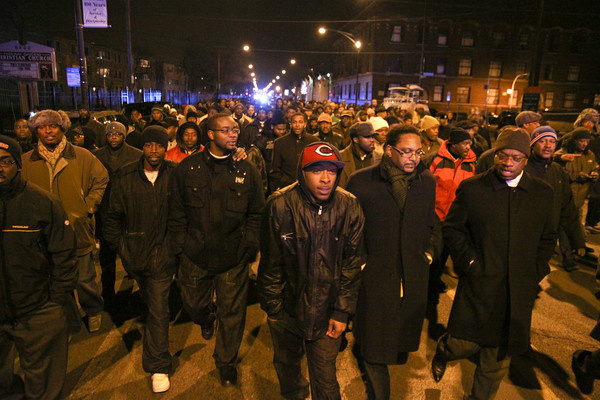 |
| LINCOLN FUNERAL PROCESSION, 1865 |
From the birth of the Republican Party in the mid-1850s through the end of the 1920s, Republicans had considerable success in Chicago politics. Many of the city's mayors during that period came from the GOP, and many Republicans from the Chicago area exercised considerable influence in local, state, and national governments. From the 1930s through the end of the century, Republicans had little political influence within the city, but they enjoyed considerable strength in the growing suburbs.
Chicago elected its first Republican mayor—the veteran politician and newspaperman John Wentworth—in 1857, only one year after the party held its first political convention in Illinois. In 1860, Chicago Republicans received a big lift as the city hosted the Republican National Convention. Local party members, led by Chicago Tribune publisher Joseph Medill, helped garner the presidential nomination for Illinois lawyer Abraham Lincoln.
Because the Republican and Democratic parties were built to compete in national andstate politics, it has not always been easy to identify clear differences between the two parties within the context of local politics. The positions that defined the Republican Party during the nineteenth century, such as its opposition to slavery and support for the gold standard and the tariff, did not always speak to the question of how its candidates would handle the governance of Chicago. Republicans generally were more apt to emphasize fiscal conservatism and anti-vice reforms than their Democratic counterparts. Such positions tended to attract the support of pietistic Protestants—including many English, German, and Scandinavian immigrants—and many members of the middle classes and business elite.
Read more: http://www.encyclopedia.chicagohistory.org/pages/1063.html












